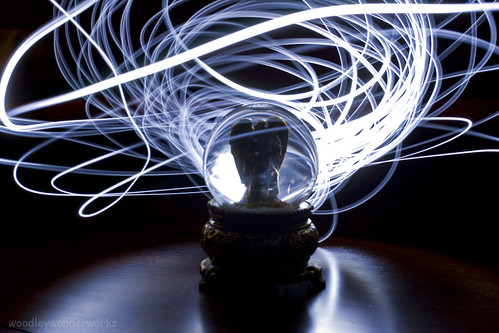 Designing computer chips is a fairly complicated affair. One of my friends who does this described the job this way:
Designing computer chips is a fairly complicated affair. One of my friends who does this described the job this way:
Imaging being 4-inches tall and climbing into the cockpit of a 747 — you sit down and look to the left and it is a sea of switches and knobs. You look to the right and as far as the eye can see are more switches and knobs. You think, “Boy, I hope someone set those correctly” and then you pull back on the throttle and hope for the best.
Fortunately, when things break there is no burning wreckage, though sometimes it feels like it. But it gets worse, even after pulling back on the throttle you don’t know if it exploded until days later after the computer spends a ridiculous amount of time cranking. After crashing, you start flipping certain switches that you heard can help and eventually you succeed, and of course, after succeeding you always flip those same switches when you find yourself back in the same position (it worked last time!).
This is where superstitions come from — too little experimental data mixed with an explanation that makes sense. To make statistically accurate predictions we need a large sample, but our brains don’t have a sense for how big of a sample is required. In fact, our brains only need one sample plus a good explanation, though really, the explanation is optional.
We are all susceptible to this. Taleb, author of Fooled by Randomness and The Black Swan, writes extensively about our inability to properly create models around insufficient data and how often we pick up superstitions. He knows this but then notes that after a particularly good day of trading, he found himself wearing the same tie and asking the cab to drive him the same way to work as the previous cab driver did the day before. He can recognize the foolishness of the belief, but it’s hard to escape.
We strive to make sense of the world around us and we do that by creating rules of causality that may have little connection to reality. We can’t keep ourselves from creating the rules, but we can treat our conclusions with a little more doubt and when possible, test to see if our lucky socks, really make a difference.
Related Posts:
- For Fear of Getting Burned – Once burned, hard to try again
- Remembering The Non-Event – How we reinforce our superstitions by forgetting things that are contrary to them.
Picture From: ![]() woodleywonderworks via Compfight
woodleywonderworks via Compfight
Leave a Reply